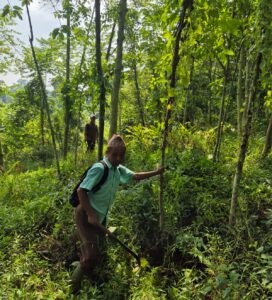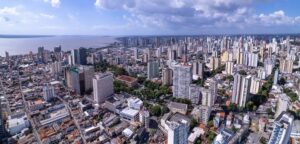- SIWI – Leading expert in water governance
- /
- Latest
- /
- Analysis of NDC enhancement: First impressions
Analysis of NDC enhancement: First impressions
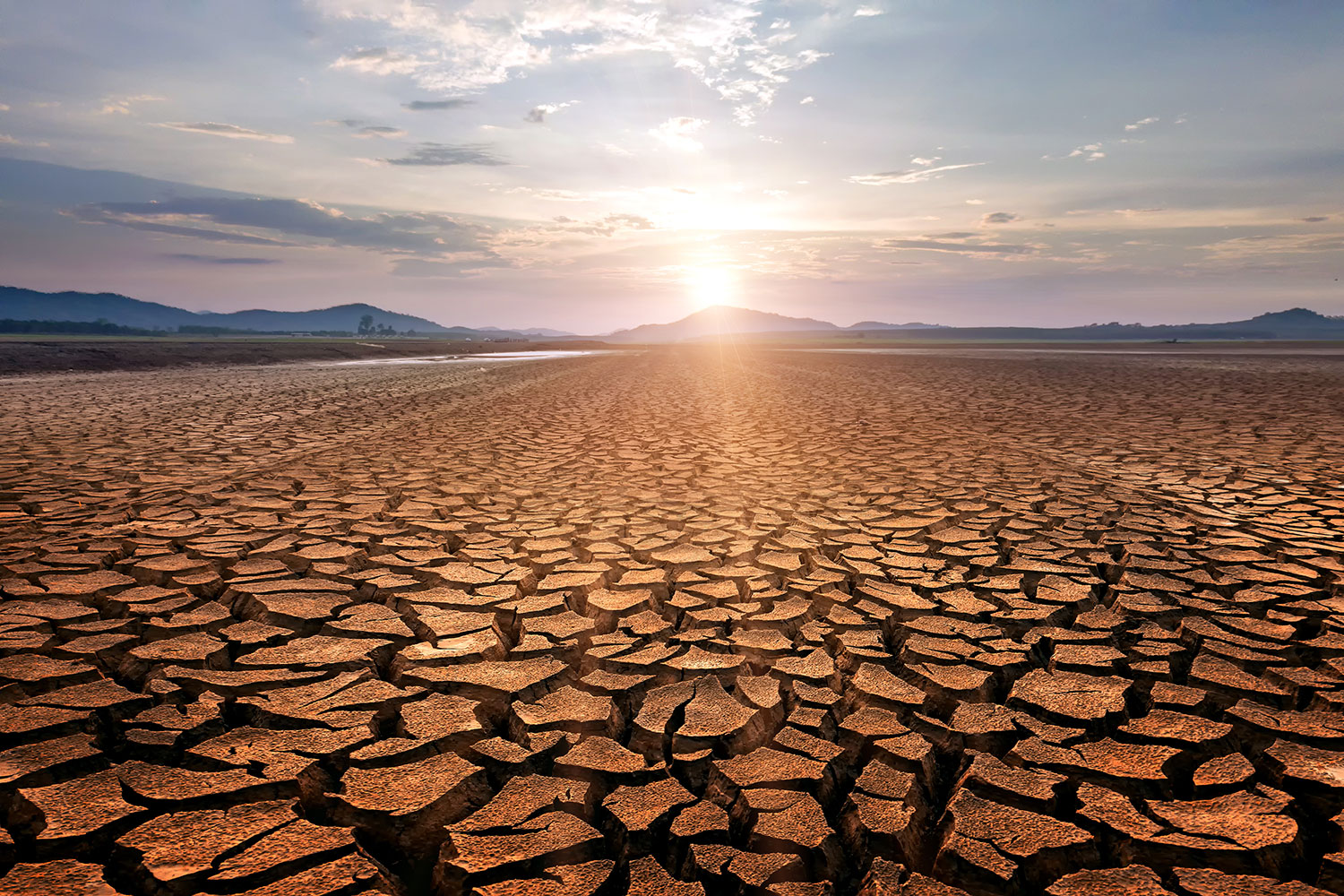
Following examination of approximately 120 enhanced NDCs, including 80 by developing countries, most parties appear to have invested more resources within their NDCs as part of their increased ambition, especially developing countries.

Overall, there were clear differences between initial and enhanced NDCs for most parties. Differences included:
- the inclusion of more sectors,
- increased measures and targets for previously included sectors,
- increased emissions modelling, and
- increased consultation and engagement activities.
New perspectives on NDCs
This increased investment is also reflective of the maturation and acceptance of NDC processes within global agendas. The Paris Agreement becomes more institutionalized as an ‘accepted’ feature of international climate change processes. The NDC is also recognized as being part of an Adaptation Communication. As a result, more countries are clearly investing in the processes prior to and during their development, and afterwards during implementation. Due to this increased investment, the contents of enhanced NDCs should be given higher regard within international development processes, especially compared with earlier iterations. NDCs should act as a stronger catalyst for finance flows to activities that the party itself regards as important for its climate ambitions.
Mitigation measures have seen the greatest attention and expansion across most enhanced NDCs, but adaptation measures have also increased in frequency. Modelling tools are increasingly used in mitigation sections, especially around emission reduction. Of note is the increased recognition of co-benefits emanating from adaptation measures and vice versa being listed in most NDCs. This change is also recognized by the UNFCCC within its Synthesis Report (2021). Activities such as afforestation, reforestation, protection of wetlands, increase roles for mangrove forests, and the use of Nature Based Solutions were seen as having benefits for both adaptation and mitigation and are often included as such.
The enhanced NDC may offer an opportunity to increase the profile and audience for obtaining support for adaptation activities compared with domestically focused adaptation plans. There are notable exceptions, such as when a party prefers to use national adaptation plans or similar as their main vehicle for communicating adaptation vulnerabilities, challenges, and commitments. For example, parties such as Bhutan, Brazil and St Lucia are using their respective National Adaptation Plans in this way. The Green Climate Fund is also presently supporting the preparation and development of National Adaptation Plans in many states, and these will likely inform future NDCs.
Differences between developed and developing country parties
Based upon the available NDCs, including analysis of those NDCs lodged prior up to 1 September 2021, there continues to be extensive differences between the NDCs prepared by developed country parties and developing country parties.
- Developed countries continue to have a strong emphasis on mitigation targets and proposed levels of emission reduction
- Developing countries have a stronger mix between adaptation and mitigation mix, with mitigation components seeing much more expansion with these NDC compared with the documents prepared earlier.
This also means that few NDCs prepared by developed countries include specific entries around water or water related activities, despite the increasingly recognized role of water in mitigation. On the other hand, most developing countries continue to include and expand their water-related activities, whether in adaptation or mitigation.
Other posts in the series
This blog post is part of a small series that looks at how water and water-related activities have been included within the most recent round of Nationally Determined Contributions (NDCs) prepared in the lead-up to COP26 in Glasgow, United Kingdom.

Analysis of NDC enhancement: Possible gaps
- Water and the 2030 Agenda
- Water and climate
- Transboundary Water Cooperation
- Water cooperation

Analysis of NDC enhancement: Integrative approaches
- Water and the 2030 Agenda
- Water governance
- Water and climate
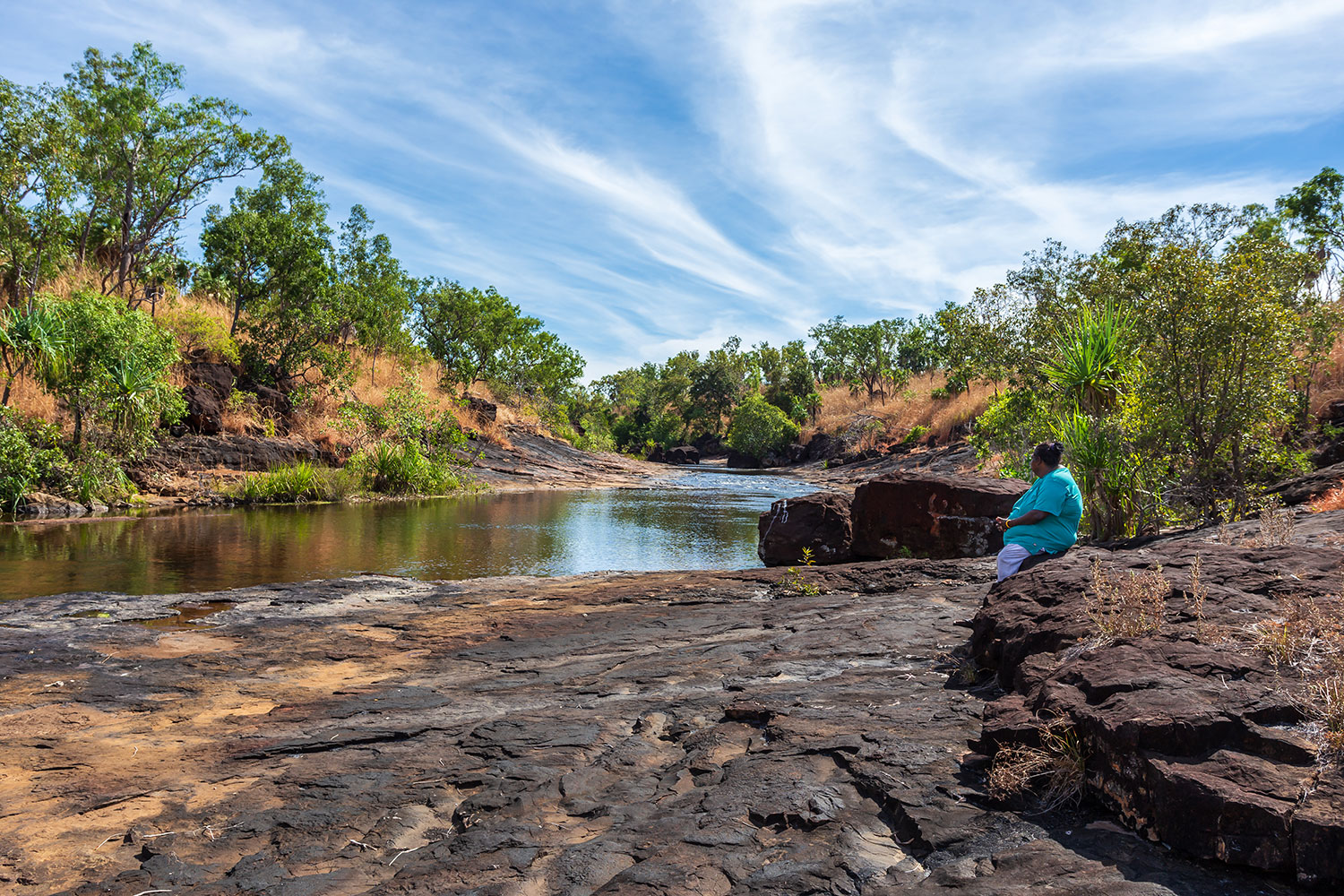
Analysis of NDC enhancement: Increased role for water and water-related activities
- Indigenous knowledge
- Water and the 2030 Agenda
- Water and climate
- Gender and water

Analysis of NDC enhancement: Foundations
- Water and the 2030 Agenda
- Water and climate
- Indigenous knowledge
Most recent

Swedish Water House Trendspotting 2026
- Swedish Water House

SIWI Reflections 2025: When Indigenous voices shape global water dialogue
- World Water Week
- Indigenous knowledge
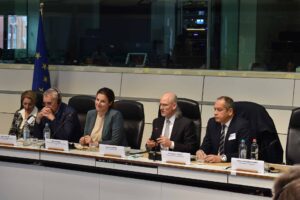
SIWI Reflections 2025: When knowledge begins to travel
- Water diplomacy
- Water cooperation
- Water and Peace

SIWI Reflections 2025: Shaping SIWI’s future through strategy, collaboration, and renewal
- Water and climate
- Water in landscapes

TIARA in Zambia: Scaling resilient rainfed agriculture in the Zambezi Basin

Why climate action must integrate water
